Now that your baby is trying new tastes and flavours you have to make sure that everything is clean and that the food is fresh. Their immune system is less developed than yours, so they’re more at risk of bugs and infections.
Tips for preparing, reheating and storing food for your baby
Tip #1:
All dairy such as cows’ or goats’ milk, cheese, yoghurt and fromage frais should be pasteurised.
Tip #2:
Eggs should have the British Lion stamp. If not then they should be fully cooked.
Tip #3:
Wash your hands before preparing food and your baby’s hands before they eat.
Tip #4:
Make sure your food prep area is clean. And keep pets away!
Tip #5:
Clean any table tops with a clean cloth before and after feeding. Wash all bowls, spoons, feeding cups and any containers in hot soapy water.
Tip #6:
All fruit and veg, including pre-packed ones, should be washed before use.
Tip #7:
Meat and fish must be properly cooked. This is really important for chicken and minced meat.
Tip #8:
Stir and test heated food before giving it to your baby.
Tip #9:
Make sure the seals on cans and jars haven't been broken when you buy!
Tip #10:
Don’t use food past its use-by date. Follow the instructions on the labels.
Tip #11:
Food that you have prepared should be kept in a fridge and eaten within 2 days.
Tip #12:
Frozen food should be defrosted before reheating. Do not refreeze any leftover food or keep baby food in the freezer for longer than 3 months.
Tip #13:
When reheating food, it should be steaming hot all the way through and then cooled before giving it to your baby. Throw away any uneaten reheated food.
How can I serve food safely?
Heating baby food
Heat homemade baby food using a microwave or in a pan on the hob until it is hot and steaming. If it’s in a jar then stand it in hot water to heat the food up. Remember not to leave food to cool at room temperature for too long – bacteria starts growing within 2 hours!
Defrosting food
The safest way to do this is to leave it in the fridge overnight or use the defrost setting on a microwave. Always give heated food a good stir to avoid hot spots. For mashed foods that don’t need reheating, check they are fully defrosted before giving them to your baby. And never refreeze something that has been defrosted.
Reheating food
Once you’ve heated the food all the way through and let it cool, try dabbing a wee bit of food on the inside of your wrist or back of your hand to see if it's a comfortable temperature for sensitive little mouths.
Giving mash a bash
Mashed foods are ideal for freezing and storing, which makes them go that little further – perfect when you don’t have time to plan and cook a meal. Mashed foods are easy and tasty but there are other foods that need a bit more attention when it comes to preparation. Always remember:
- Cook eggs until the yolk and white are solid, unless they have the British Lion stamp which means runny yolk is fine.
- Cook meats until they are no longer pink in the middle.
- Wash and peel fruit and vegetables and cut them up into match stick shapes rather than small cubes.
- Don’t give anything with raw shellfish, honey, or unpasteurised dairy to your baby.
- Never give your baby whole nuts.
- Have a look at our page on first food recipes for some great first menu ideas.
You can find a list of everything your baby can and can’t eat here.
Easy broccoli mash for their first foods
How can I store food safely?
- If you're making batches of your baby's food in advance, cool them quickly, ideally within 90 minutes. Store them in the fridge or freeze anything that won't be used within 24 hours.
- Throw away what your baby doesn’t finish. Food that has been in contact with saliva contains bacteria and isn’t for keeping.
- Uneaten food in a jar can be left in the fridge for 24 hours at most. Throw away leftovers and the jars.
- Check the temperature of your fridge. It should be between zero degrees C and 5 degrees C. Buy a fridge thermometer if you haven't got one.
- Use plastic tubs with tightly fitting lids or ice cube trays in plastic bags, clearly marked with the contents and date (you can pop out the cubes into the bags once frozen).
Tips from parents
"Buy a steamer to batch cook veggies / fruits, and then freeze. Easy cooking, saves time, and always handy to have a freezer stash for ‘those days'."
"Embrace the mess! Finger foods are good and different textures are great early on."
 Activities & Play
Activities & Play Behaviour
Behaviour Childcare
Childcare Development & Growing Up
Development & Growing Up Family, Friends & Relationships
Family, Friends & Relationships Feeding Your Baby
Feeding Your Baby Food & Eating
Food & Eating Health & Safety
Health & Safety Mental Health & Wellbeing
Mental Health & Wellbeing Money & Work
Money & Work Online Behaviour & Safety
Online Behaviour & Safety Pregnancy & First Days
Pregnancy & First Days School & Education
School & Education Sleep
Sleep

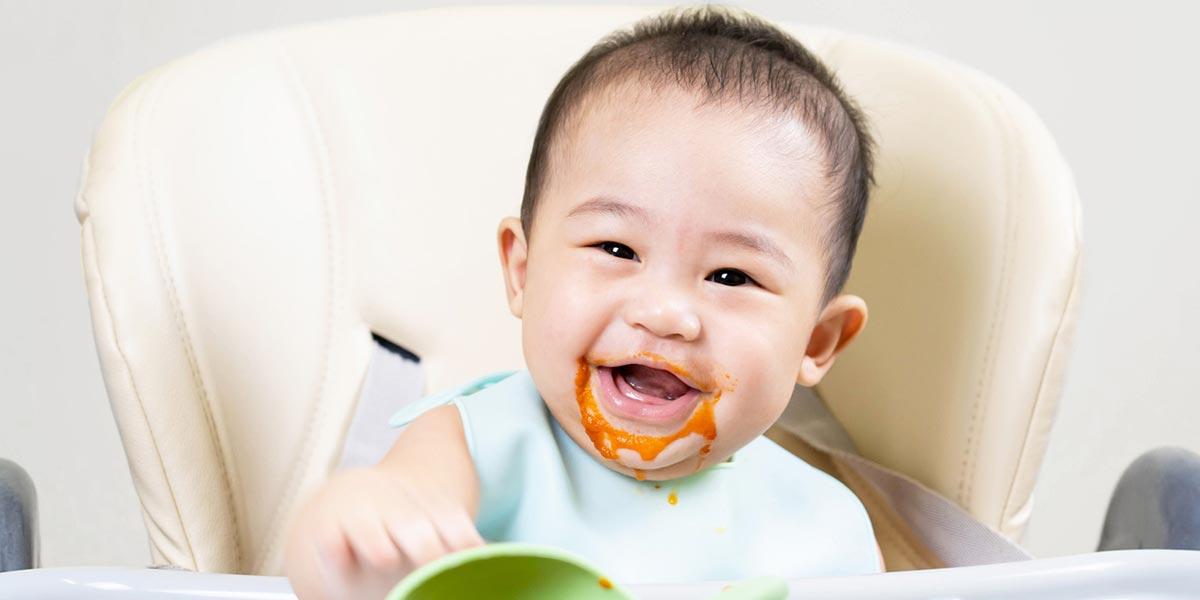
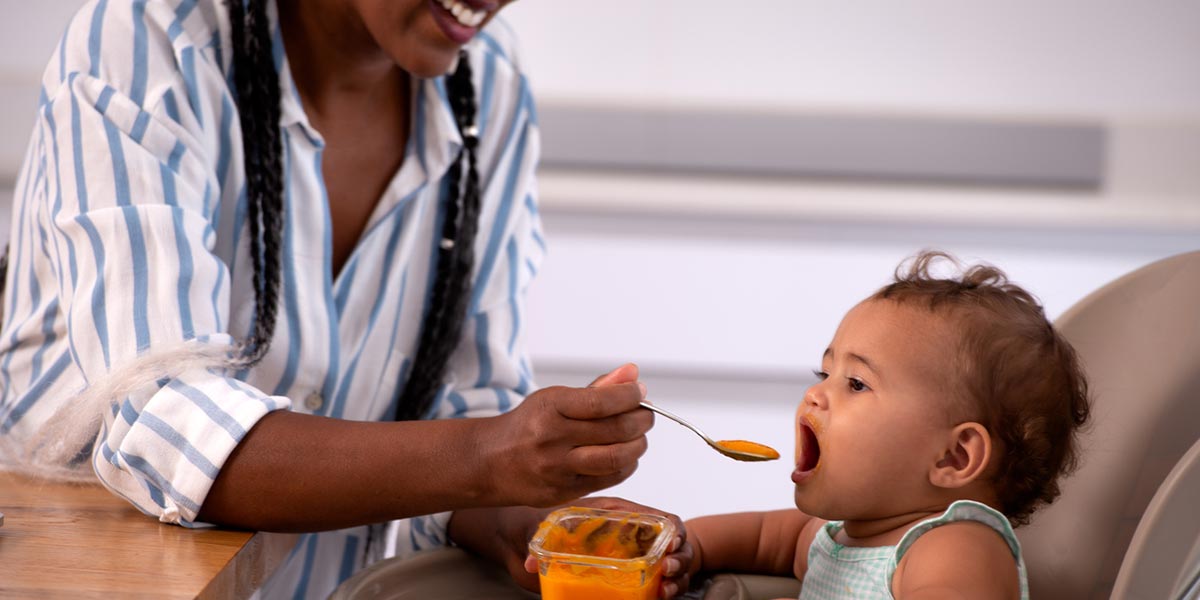
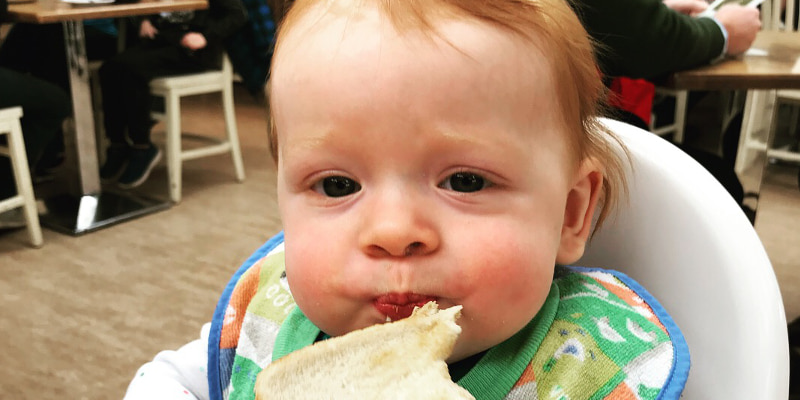
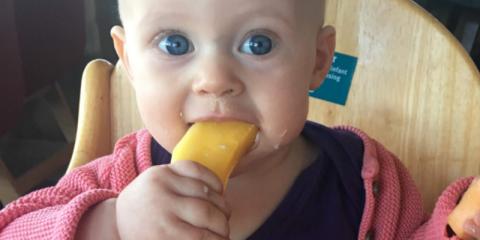
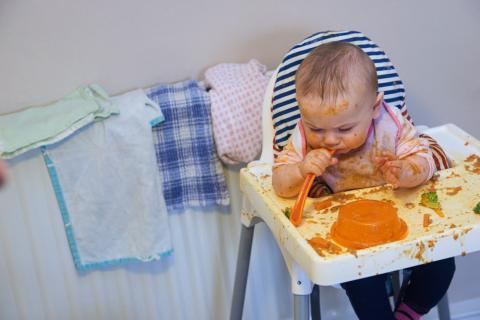
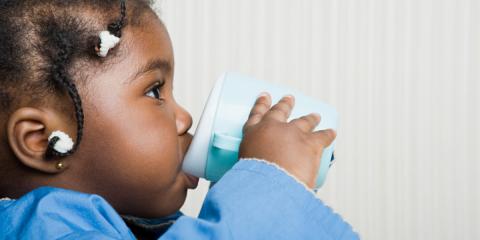

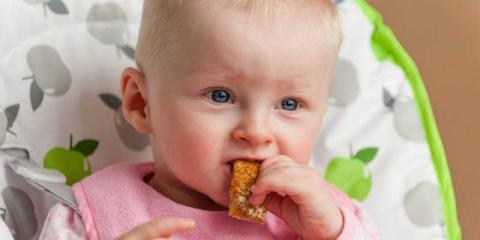
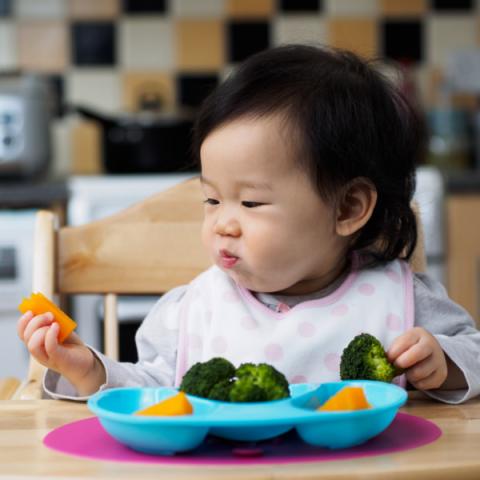
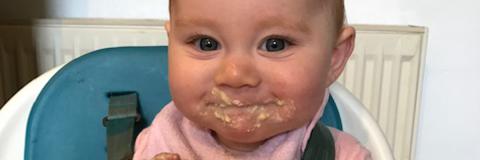
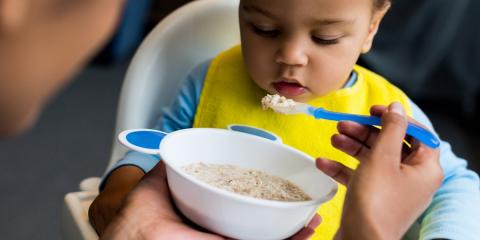
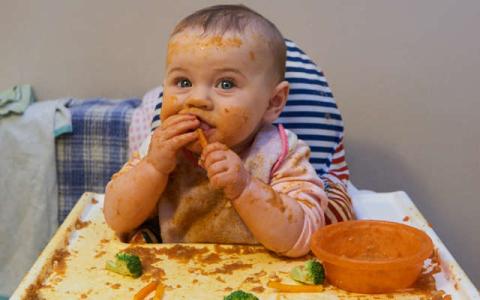

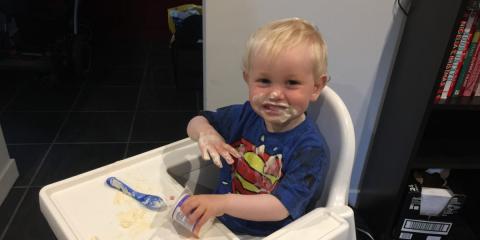
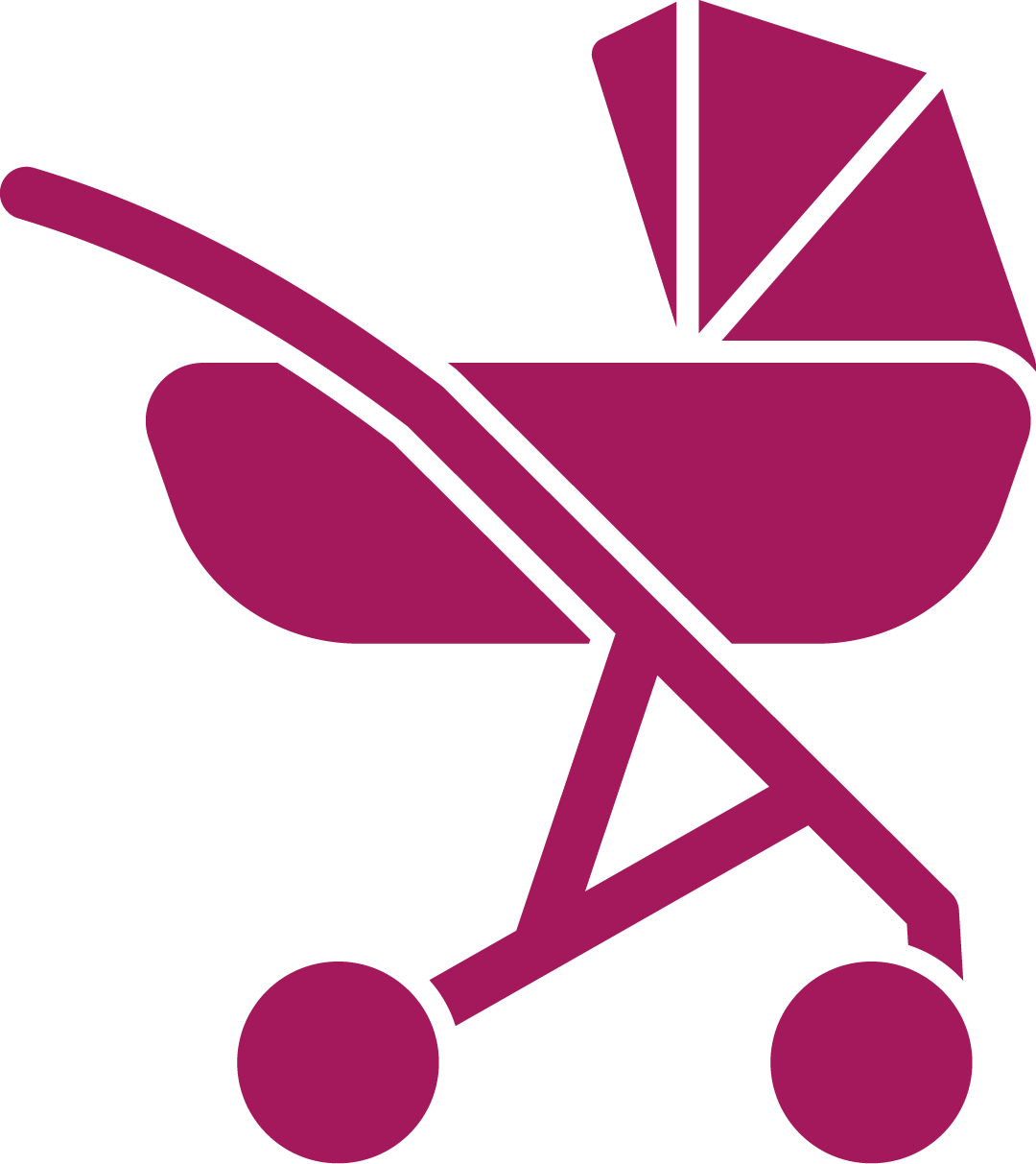 Pregnancy & First Days
Pregnancy & First Days
 Sleep
Sleep